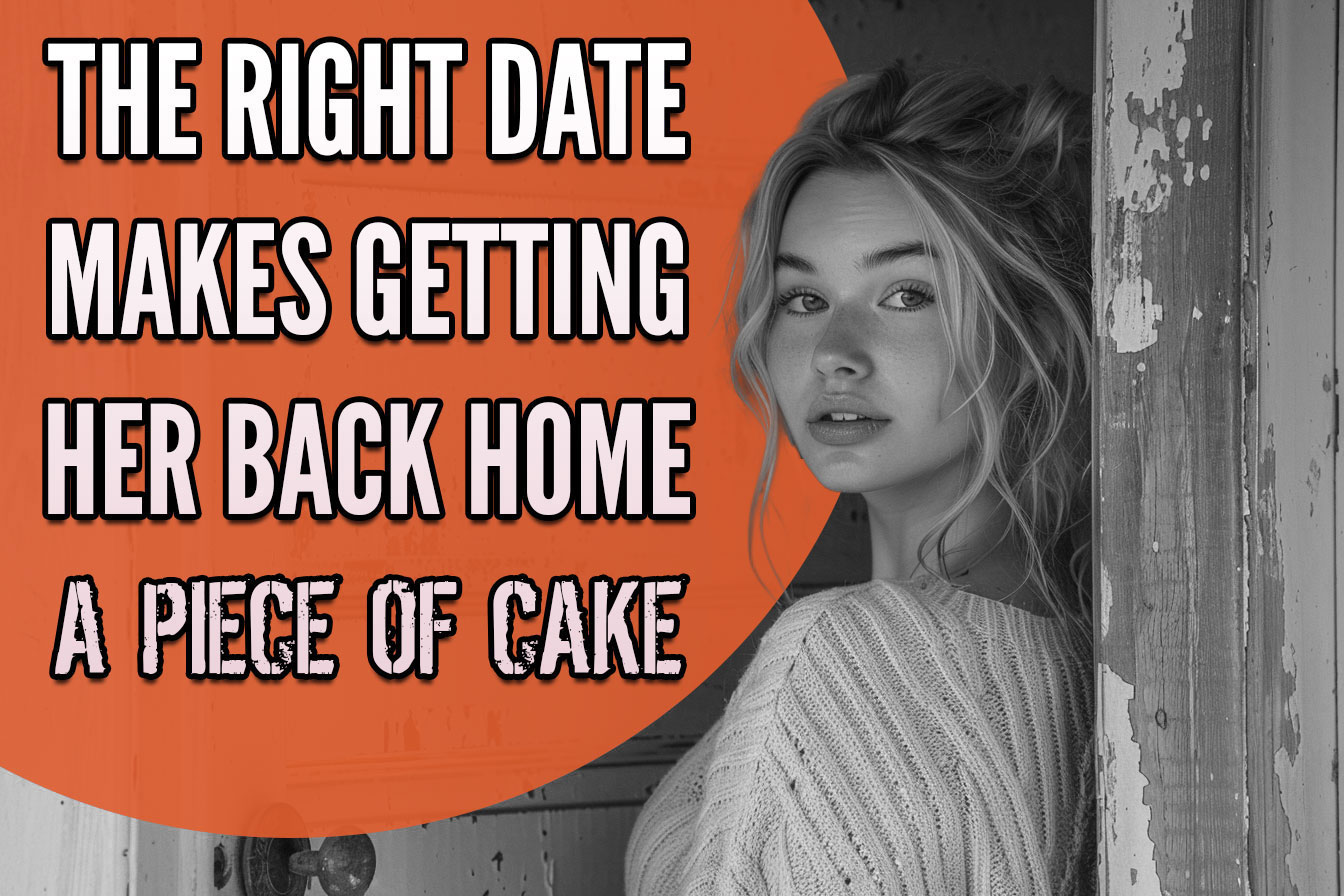Sup Oskar,
Oskar said:
Zac:
The message from mainstream society is argued to be "enjoy", so people feel guilty when they don't enjoy, especially in the "right ways". It used to be restrain yourself, repress your strivings, but now its to enjoy and go to the end. Psychoanalysis's function changes because of this.
Is its message to "enjoy" or to "be happy"? If it's to enjoy then What do you mean by enjoy? Enjoy what? If you mean "be happy" then yeah, that is part of society's daily messages. But in a lot of cases it's so advertisers can SELL you happiness. You should check out all ads. Either the family starts of sad/angry with problems, then after using the toilet polish being sold, they're super happy all of a sudden.
Happiness has become a product itself, rather than something one can achieve inward or through experience. Which is a lie.
Ok, going back to the title of the post.
You are allowed not to enjoy.
Well....yeah. Human beings are complex creatures with complex emotions. Emotions are what we use to understand what's happening around us based on our perspective created from our up bringing.
For example, fear is used to keep us safe from dangerous situations. Anger is used when something bad is happening and aggression is the appropriate response. Etc.
So instead of internalized paternalistic prohibitions, we have practically the opposite today, where you feel guilty if you cannot enjoy.
The speaker then argues that the message "you are not obliged to enjoy" should be the primary message of psychoanalysis today.
Again.....enjoy what?
Enjoy the norm? Enjoy freaky stuff? You should dislike whatever you don't like and pursue the stuff that you actually enjoy (unless you enjoy the disappointment of receiving said dislikes. In that paradox you are actually getting what you like).
There is no such thing as the history of seduction without considering the history of specific societies in which those seduction practices are embedded.
Are you saying that the events of a society influences the norms in seduction. Coz if that's what you're saying then I guess I can agree. I mean, if the society makes sex less slut shamey then lots more people would do it. And if the society made sex illegal then people would be more subtle about it. They'd still do it of course, but the orgasms wouldn't be as loud

There are still some core things that would never change however, such as a persons need for sex, value, status, etc. So there are some constants in the equation to consider.
What do you think the implications of these insights are to explaining the rise of pick-up as a mode of sexual relating since the 90s? Is the superegoic ethical injunction to enjoy in modern societies in large part behind the rise of the PUA mode of sexual relationship?
Is the question: Did pua's cause the need to enjoy?
If that's the question then:
Hector Castillo said:
Pickup has been around for ever. It's not a recent phenomena.
In fact, you could say that Pick up Artistry is created and maintained because of the need to enjoy.
And finally:
Oskar said:
https://www.youtube.com/watch?v=T9ZWEZNcKsc
The video kinda confused me

But it sounds like he's saying that society says that you are allowed to enjoy, but only if you meet a bunch of criteria:
Perfect health, proper marriage, etc.
And that he's conclusion is that you should be allowed to find whatever you find enjoyable, enjoyable. This is true, but in the end, balance is the key. Because your actions have an impact on the people around you. So if you find destructive behaviours enjoyable, you could hurt others and then end up having to face the consequences on top of that.
If you eat like crap then of course you'll feel bad because your body won't be able to operate at 100%. But if you're willing to sacrifice that for the amazing taste which the food gives you, then why care?
In conclusion:
You can enjoy. You can also not enjoy. Why would a person do something which he/she does not enjoy? Only he knows. For it might look like he does not enjoy it, but he could be sacrificing some joy in order to receive a bigger more ultimate joy which he finds important. But in the end, the only thing that lasts as long as/longer than our own mortality, are the consequences that result from it.
I hope I contributed at least a little to your question/statement

. Because it truly did confuse me thoroughly.


